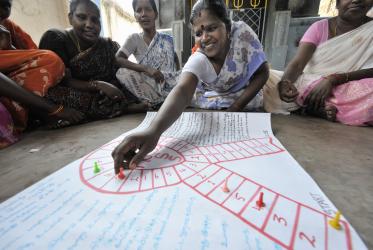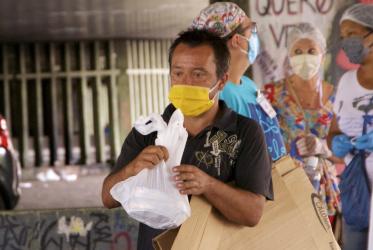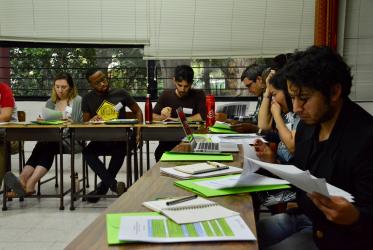Affichage de 1 - 20 de 51
WCC condemns massacre of farmers in Philippines
12 Avril 2019
Le COE condamne le massacre de fermiers aux Philippines
12 Avril 2019
All pilgrim routes lead to COP24
11 Décembre 2018









